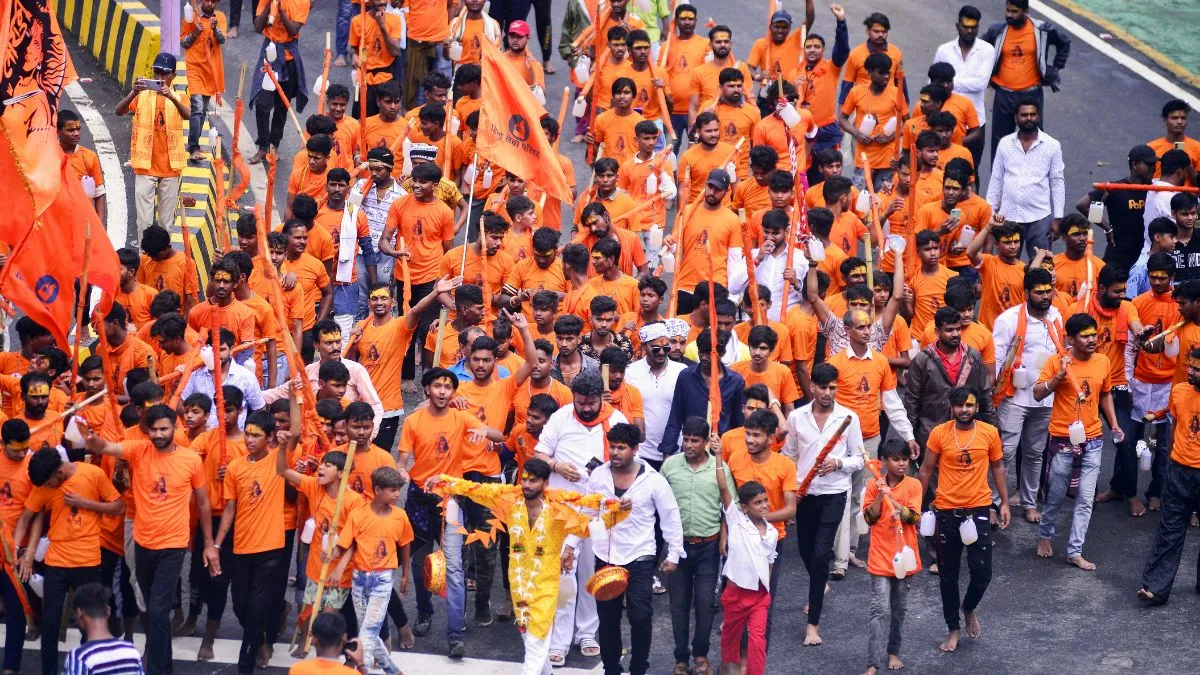- By Mayukh Debnath
- Fri, 26 Jul 2024 12:05 PM (IST)
- Source:JND
Kanwar Yatra Row: Responding to petitions challenging its directive requiring eateries along the Kanwar Yatra route to display the names of their owners and staff members, the Uttar Pradesh government has defended the move before the Supreme Court saying that the decision was taken keeping in mind the religious sentiments and "informed choice" of the devotees participating in the Hindu pilgrimage.
The state government further submitted that even an accidental situation, where Kanwariya "fall foul of their beliefs", could lead to "flare-ups". "A mishap in the form of taking a meal unwittingly of a place that would have otherwise not been of their choice, could, for the Kanwaria, vitiate the entire Yatra, peace and tranquillity in the area, the maintenance of which, is the bounden duty of the State," the UP government said in its submission before the apex court.
The state government's submission -- a copy of which has been published by legal news outlet Live Law -- also noted that a few incidents of "altercations" took place recently when some eateries served Kanwariyas with meals prepared using onions and garlic.
On Monday, the Supreme Court had ordered an interim stay on so-called nameplate directives issued by authorities in UP, Madhya Pradesh, and Uttarakhand. While seeking replies from the government of the three BJP-ruled states, a bench comprising Justices Hrishikesh Roy and SVN Bhatti said state police couldn't force shopkeepers to display their names.
The petitioners in the matter include TMC MP Mahua Moitra, the Association for Protection of Civil Rights, and Delhi University Professor Apoorvanand and activist Aakar Patel. They have challenged the directives, saying it is causing religious discrimination. The pleas also questioned the source of the power of the authorities to issue such orders.
(With inputs from agencies)

